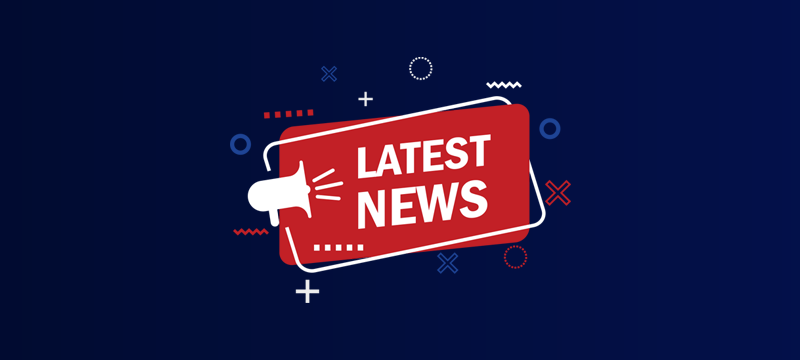Catch up on this week’s round-up of the latest hosting and tech news. Here’s what we’ve uncovered since our last edition.
Biggest hack in history?
The SolarWinds Orion software is an advanced IT performance monitoring platform used by governments, major organisations and businesses to manage their IT infrastructures. Details are coming to light about a hack in which malicious code had been injected into the platform’s latest software update which was then downloaded and installed by 18,000 IT staff on systems across Asia, Europe, the Middle East and North America. The malicious code then contacted the hackers over the internet, letting them know that it was installed and that they could use it to gain access.
Given the moniker ‘Sunburst’, the attack has enabled the hackers to spy on the office networks of a wide range of important institutions, most notably, to date, the US Treasury, the US Department of Commerce and the US Homeland Security. It has given the hackers unprecedented access to government and business intelligence over long periods with the victims having no knowledge that they were being spied upon. A forensic examination of the hack shows clear evidence that it was carried out by a state-sponsored, military cyber team, with many experts pointing the finger at Russia.
Robot kitchens
At £250,000 a pop, you won’t find Moley Kitchen robots in the average home, however, you might see them appearing in restaurants and the homes of the super-rich in the not too distant future.
Moley is a London-based company whose newly launched robotic kitchen is designed to cook up to 5,000 restaurant standard dishes for its owners without them having any input apart from buying the ingredients and selecting their choice of meal. The robot not only cooks the food from scratch using fresh ingredients; it will also tidy up after itself.
To train the robot, the company turned to a former MasterChef winner, Tim Anderson. The kitchen’s robotic arms and fully-articled hands move using algorithms based on Anderson’s cooking techniques which the Moley developers captured in 3D. These enable the robot to collect ingredients from the fridge, change hob temperature, turn on taps to fill pans and, of course, do the cooking and plating up.
New type of malware discovered
Security experts, Palo Alto Networks, have discovered a new type of malware called PyMicropsia. According to the team, the malware is capable of uploading files, downloading and executing payloads, stealing browser-credentials, taking screenshots and keylogging. It is also able to delete files, retrieve Outlook emails, reboot devices, steal data from external drives and record audio.
The security team also noted that as several sections of the malware are still not used, it is likely to be still under active development and could gain additional features in the future. At present, it is actively targeting machines using Windows operating systems.
Giffgaff goes to the cloud
Mobile virtual network operator, Giffgaff, is to ditch its in-house datacentre and migrate its entire IT infrastructure and operations to the cloud. The move will provide the UK company with the compute, analytics, storage, database, container and machine learning resources it needs to innovate at pace and accelerate its internal processes.
The migration was driven by the need to overcome ongoing issues with in-house datacentres, such as it taking two weeks to provision new servers. The move will turbocharge its development lifecycle, enabling it to prioritise innovation instead of wasting time on maintenance.
This will not be the first time Giffgaff has made use of the cloud, it already uses cloud-based analytics and machine learning tools to understand customers’ network experiences and has developed an early warning system for network incidents by aggregating and analysing data across its networks.
Downtime – it can happen to everyone
If there is one organisation you would expect never to go offline, it’s Google. With millions of square feet of datacentres around the world, its capacity to maintain services should make it invulnerable to downtime. However, even mighty organisations can have an off day.
During December, Google suffered one of its biggest outages in years, taking many of its global services offline. These included YouTube, Gmail, Google Docs, Google Assistant, Google Drive, Google Photos, Maps and even the Google Play Store. In addition, third-party apps and services that relied on the company’s back end services were also affected.
Google admitted there was an issue affecting the majority of users but has not discussed the cause of the outage. Luckily, the issue was short-lived and quickly returned to normal. It serves as a reminder to every company to have contingencies in place to help them continue working when outages occur.
Visit the WHUK website for more news, knowledge base articles, blog posts and information on our wide range of hosting services.


